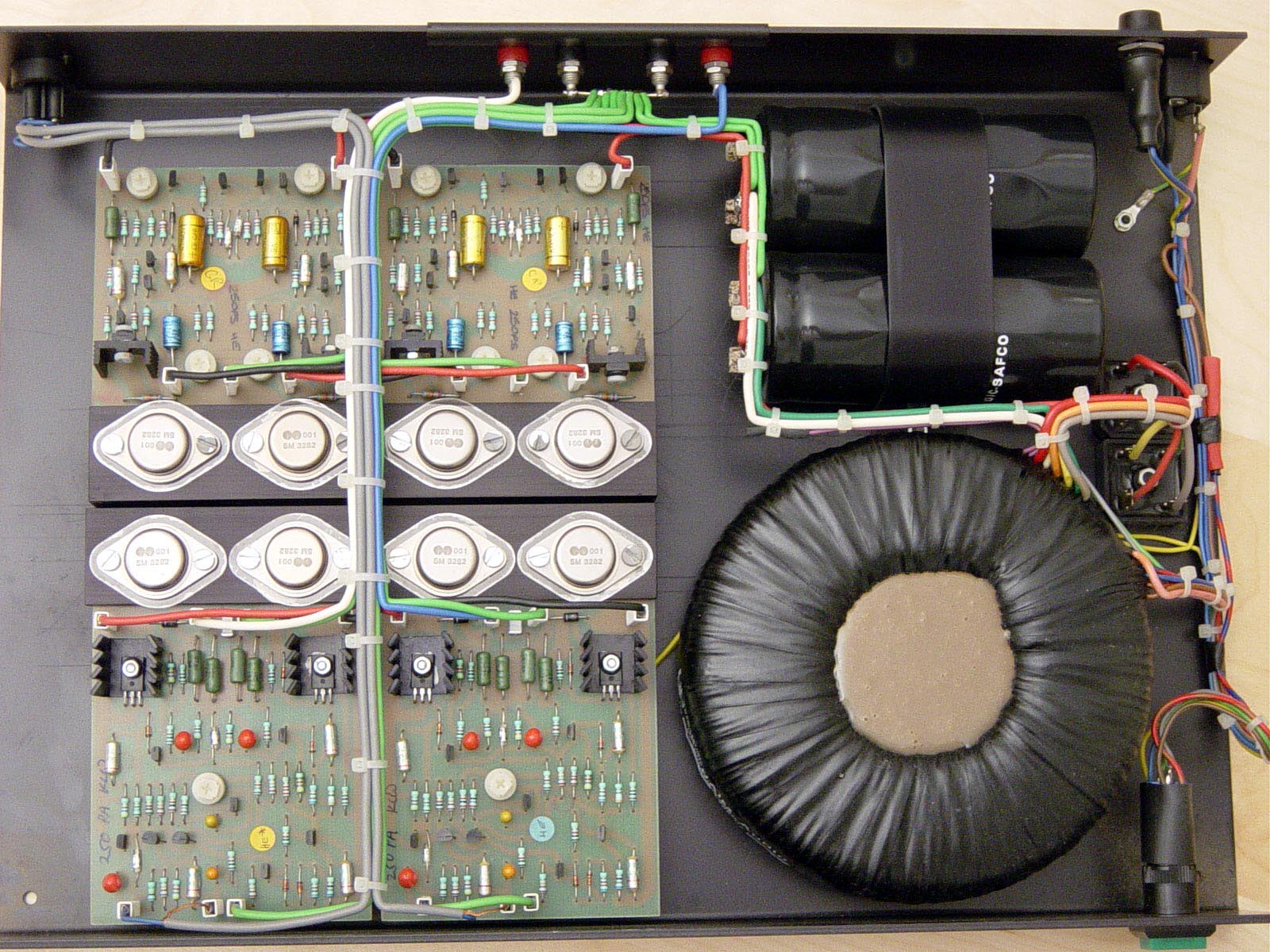Hi all,
I'm after some basic safety advice in case I've just done something horribly dangerous...
It all started with a ground loop hum which came about after I disconnected my PS3 from the mains. This is one of 4 HDMI devices connected to my AV amp, but apparently the only one with a properly earthed 3-pin power cable.
I figured that removing this earth connection might be part of the problem, so as an experiment, I ran an earth wire from a 3-pin plug to a screw on the case of my Virgin TiVo box. The problem immediately diminished, so I continued to daisy chain this wire to my DVD recorder and TV, and the hum has gone.
So can I leave it like this?
I'm after some basic safety advice in case I've just done something horribly dangerous...
It all started with a ground loop hum which came about after I disconnected my PS3 from the mains. This is one of 4 HDMI devices connected to my AV amp, but apparently the only one with a properly earthed 3-pin power cable.
I figured that removing this earth connection might be part of the problem, so as an experiment, I ran an earth wire from a 3-pin plug to a screw on the case of my Virgin TiVo box. The problem immediately diminished, so I continued to daisy chain this wire to my DVD recorder and TV, and the hum has gone.
So can I leave it like this?


